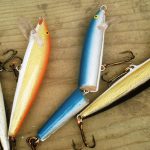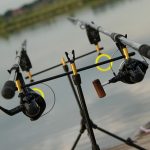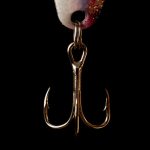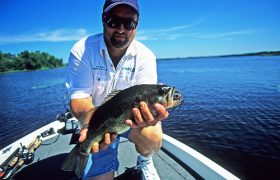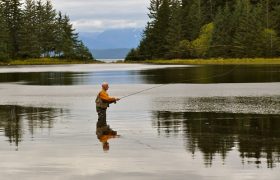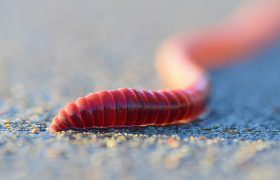It would be wise to choose a fly that closely resembles insects in the area you are fly fishing at. Try turning over a rock and matching your lures to the bugs you see under it. This will allow your flies to look more authentic, resulting in more bites.
Try doing fly fishing. There are several benefits with this hobby, but remember that it’s different than other fishing. You should get the proper equipment if you are going to try fly fishing, including fly fishing rods, lures and different gear since you have to stand in water.
Any fisherman needs to know how to set a hook. A swift hook set is key when fishing, especially when lures are being used. The last thing you want is to go through all that effort in trying to catch the fish, only to lose it because the hook was not well set.
So you have decided you want to take up fishing as a hobby. When you are just starting with fishing, you should keep your equipment pretty simple. It depends on what you are type of fish you are fishing for when it comes to equipment. Most beginners start with lightweight tackle. The essential beginner’s equipment should include a rod and reel, 12 lb. test line, small and medium sized hooks (for live bait fishing), a couple of bobbers, a few artificial lures, some sinkers, a pair of pliers, a net, and a pocket knife. Don’t forget to check your state’s laws to see if you need a fishing license for the body of water where you plan on fishing.
To catch the big fish lurking in the milfoil, use a lure that works around it instead of through it. Lures that snag milfoil will be less palatable to fish. Instead of using a sinker, go with a lighter, floating lure that you can skim along the top of the weeds to lure fish out.
Stake out where the veteran people fish in your area and how they fish. While many will not directly give you the details of their favorite fishing locations, pay attention to fishermen returning to the same spot over and over, as well as variations in their casting, lures and bait. These veterans have learned how best to fish these locations, and they provide the best training you can get. Learn by example.
Be careful when fishing near stumps or fallen trees. Submerged foliage can be a great place to fish. It can also be very easy to get your line snagged and lose your bait altogether. Always fish in these areas with inexpensive lures. Never use a lure you would be afraid of losing.
If you go fishing, you want to catch a fish. Regardless of your skill level, there are always new things to learn. Take the tips you have learned here, and apply them on your next fishing trip. You just may catch that elusive fish that always seems to get away.
Photo by Wisconsin Department of Natural Resources 

